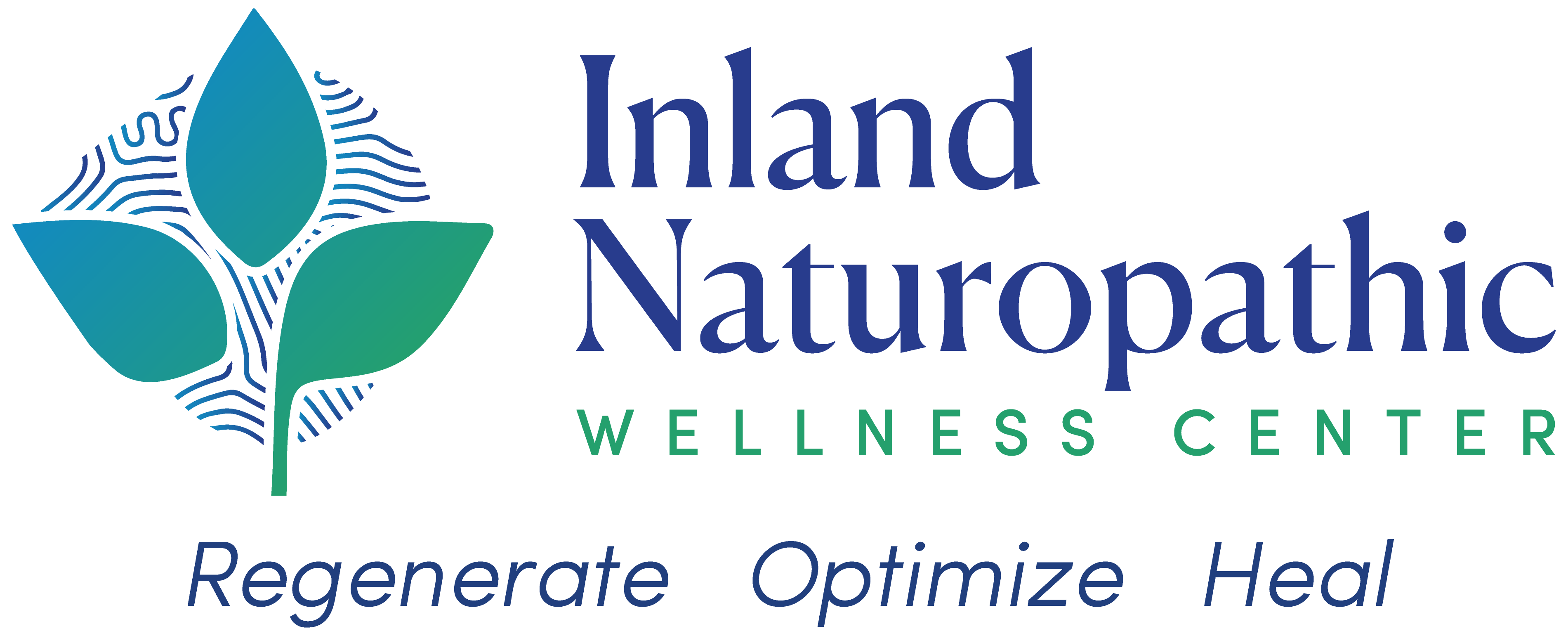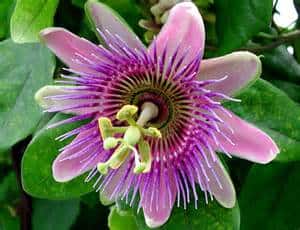The use of plants as medicine can ease what ails you when done properly. Botanical medicine spans human history, from antiquity to the present. Their use can represent a safe and effective alternative to pharmaceuticals. Many pharmaceutical medications in use today owe their molecular blueprint to plant medicines. For instance, the active ingredient in aspirin comes from the bark of the willow tree. For most Naturopathic Doctors, botanical medicine plays an integral role in the treatment of various conditions whether it is in the form of capsules, teas, powders or in a liquid extract known as a tincture. Plant based medicine can be potent or gentle depending on the plants used and the desired outcome.
Plant medicines may be classified according to their actions. Those that act on the nervous system are known as nervines. They are helpful for conditions such as anxiety and depression and include Avena (oats), Scuttaleria (skullcap) and Passiflora (passion flower). Choleretics stimulate the liver to make bile while cholagogues promote bile flow from the gallbladder. Examples include Curcuma (turmeric), Chioanthus virginicus (Fringetree), Cynara (artichoke), and Rosmarinus (rosemary). Some others can also improve or boost the immune system and fight infections like Echinacea and Ligusticum (Osha). Others can directly inhibit the growth of microorganisms like Usnea (old man’s beard) and Berberis (Oregon grape). Other categories include adaptogens which support adrenal gland function. For example, there are botanicals that act on every system such as the hormonal, cardiovascular, and urinary system.
Botanicals are a great alternative to pharmaceuticals but, just as in prescription medication, they can be have side effects, may interact with certain medication or may be contraindicated in certain medical conditions. It is best not to self-medicate with botanicals but to seek professional advice and guidance when using them.

